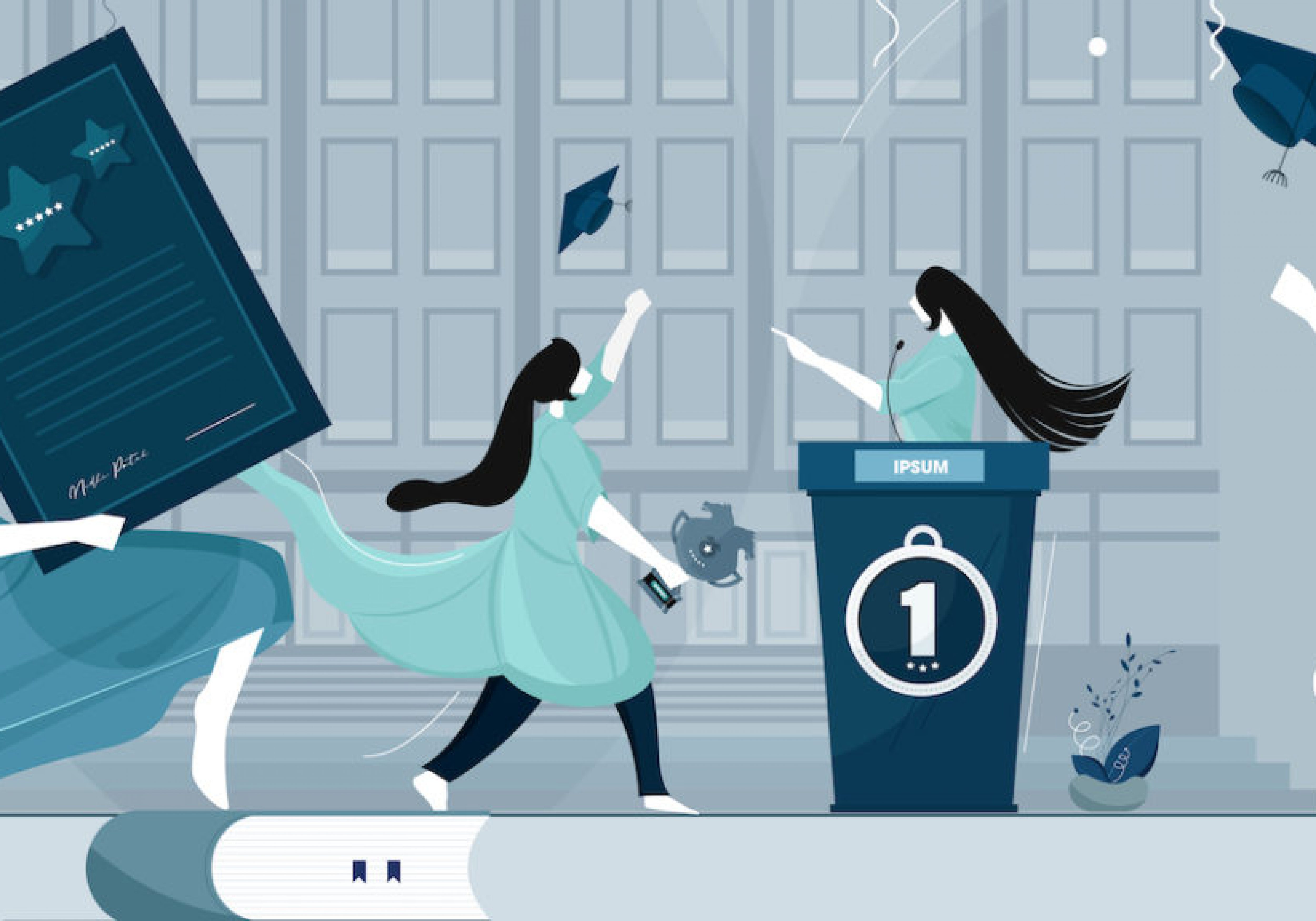
The role of authenticity in transforming female leadership
Looking within can help female leaders transform behaviours that hinder their authenticity, self-belief and ability to thrive, says the author of Lead Like You, Jo Wagstaff


In a sleepy semi-rural spread of the Medak District in the state of Telangana in India, in a cluster of several villages, one government model school in Munipally decided to try and empower its female students who were meritorious but faced hurdles in furthering their education and career. These girls were often married off at an early age and destined to live a life completely dependent on men in the family and community. This clearly put them at a disadvantage and many young girls remained trapped in violent and unhappy marriages, bearing children at a young age. Yet, most girls simply accepted this as their fate.
During a neighbourhood survey visit for Woxsen University’s centre of excellence for diversity, equity and inclusion, the school’s principal and I discussed what they could do to give their female students a better life and secure future.
A ‘train the trainer’ initiative
This was the genesis of Project Aspiration, which was conceptualised to offer career development and confidence-building training to female students that would encourage them to aspire to enrol in higher education that leads to a career and supports their upward social mobility.
Together with the school, a group of 22 female students from classes IX-XII (usually aged between 14 and 18) were identified to be part of a ‘train the trainer’ initiative. The training programme created a lot of excitement among the girls involved, who all felt proud to be part of the initiative. A group of Woxsen University MBA students were then identified to manage this training programme, as part of their own DEI training – the idea being that working on the initiative doesn’t just help MBAs to develop awareness of the social disparities that exist around them, but also allows them to work actively towards eradicating them.
A great deal of effort was put into the training programme’s design and the necessary government permissions were sought. For three weeks in December 2022, these bright little girls in school uniforms were often seen walking around Woxsen’s campus, interacting with other university students during lunch hours as part of this novel project. They were on campus with a purpose – to get trained to train their own.
The girls were exposed to different aspects of their future, learning about themselves and the world around them. However, the project’s main intention lies in the idea that the trainee must not remain a student alone. Those trained at Woxsen were also expected to become a trainer in a different setting and teach their siblings, classmates and others. Education has no limit and learning has no age. Allowing these young minds to be responsible for what they take away from the Aspiration programme and expecting them to pass the knowledge on to others is designed to help them demonstrate what they have learnt and develop resilience to overcome challenges and barriers and grow.
Empowering schoolchildren while developing MBA capabilities
In the first iteration of Project Aspiration, 21 girls from Telangana Model School and Junior College received training. All were from a local government school and most live in a rural village. The majority of the families in this context cannot afford higher studies and many of them end their education at the end of class 12 [the end of senior secondary education and, therefore, prior to undergraduate education].
The students learnt about the importance of having goals in life, how to develop SMART (specific, measurable, achievable, relevant and timebound) goals and how to work towards them. They also went through various types of soft skills training and learnt about psychological capital, as well as how to build resilience. They were briefed about various avenues of higher education and career opportunities they could prepare for. They also received counselling about mental health and the importance of counselling. A multitude of career development activities and debates were held to boost their confidence and aspiration levels, with several open discussions on crucial social topics.
Project Aspiration was multi-aimed. While the main aim was to empower female students in the region, it was also designed to develop the capabilities of MBA students when it comes to project management. Team members were given different roles, with principal organisers and those involved in the training itself supplemented by those working on graphic designer, photography, social media and content development elements.
The future
Project Aspiration was not designed to be a one-time initiative, but rather a continuous process of teaching and learning. As trainees evolve into trainers, the project will evolve organically.
With certificates awarded to trainees and trainers alike, the last day of the programme was filled with smiles, accompanied by confident presentations from the trainees. The metamorphosis of the students through the weeks was a heart-warming moment for all those involved in the project.
Woxsen believes in developing its ecosystem and empowering the community around its campus to become self-sustainable. Our creative initiatives seek ways to help and support the people and their livelihoods. Our classrooms offered a chance for the female students involved to aspire to create a new world for themselves. Our campus became a stage for them to hone their skills before taking centre-stage in their own school. In this way, we hope that Woxsen can forever be a part of their life-changing journey.
“Education for girls from a background like this is basically a way to fill their ‘stop gap period’, in which their parents send them to school long enough for them to search for a marriage alliance. The girls are then essentially married off to cook and take care of their families for the rest of their lives. For the students to see girls pursuing higher studies is very important. It might influence them and lead them to change their own futures,” said Miss Jhansi, a biology teacher at school involved in the first Project Aspiration initiative.
A spark was also lit from Woxsen’s perspective, with 2022’s Project Aspiration followed by another training programme called Project Inclusion that was aimed at the boys and which focused on teaching them how they can make a difference to the lives of their mother, sisters, fellow students, wives and daughters, alongside developing their own confidence and ambitions.
Since then, Woxsen University’s centre of excellence for diversity, equity and inclusion has been approached by another government school in a similarly disadvantaged area to offer training for their students. We couldn’t be prouder of our work in this area and the difference we are trying to make to enable a more equitable society, where everyone gets opportunities to grow and live a dignified life.

Kakoli Sen is professor and dean of the School of Business at Woxsen University in Hyderabad, India. She teaches and trains in the areas of organisational behaviour, human resource management and leadership

Looking within can help female leaders transform behaviours that hinder their authenticity, self-belief and ability to thrive, says the author of Lead Like You, Jo Wagstaff

Women hold 60 per cent of leadership roles at IU International University in Germany. Vice-rector of accreditation and study formats Regina Cordes explains how equal opportunities are embedded as a core organisational value

A recent roundtable at Xi’an Jiaotong-Liverpool University underlined the importance of encouraging women to pursue careers in academia. Ellen Buchan reports
For questions about editorial opportunities, please contact:

